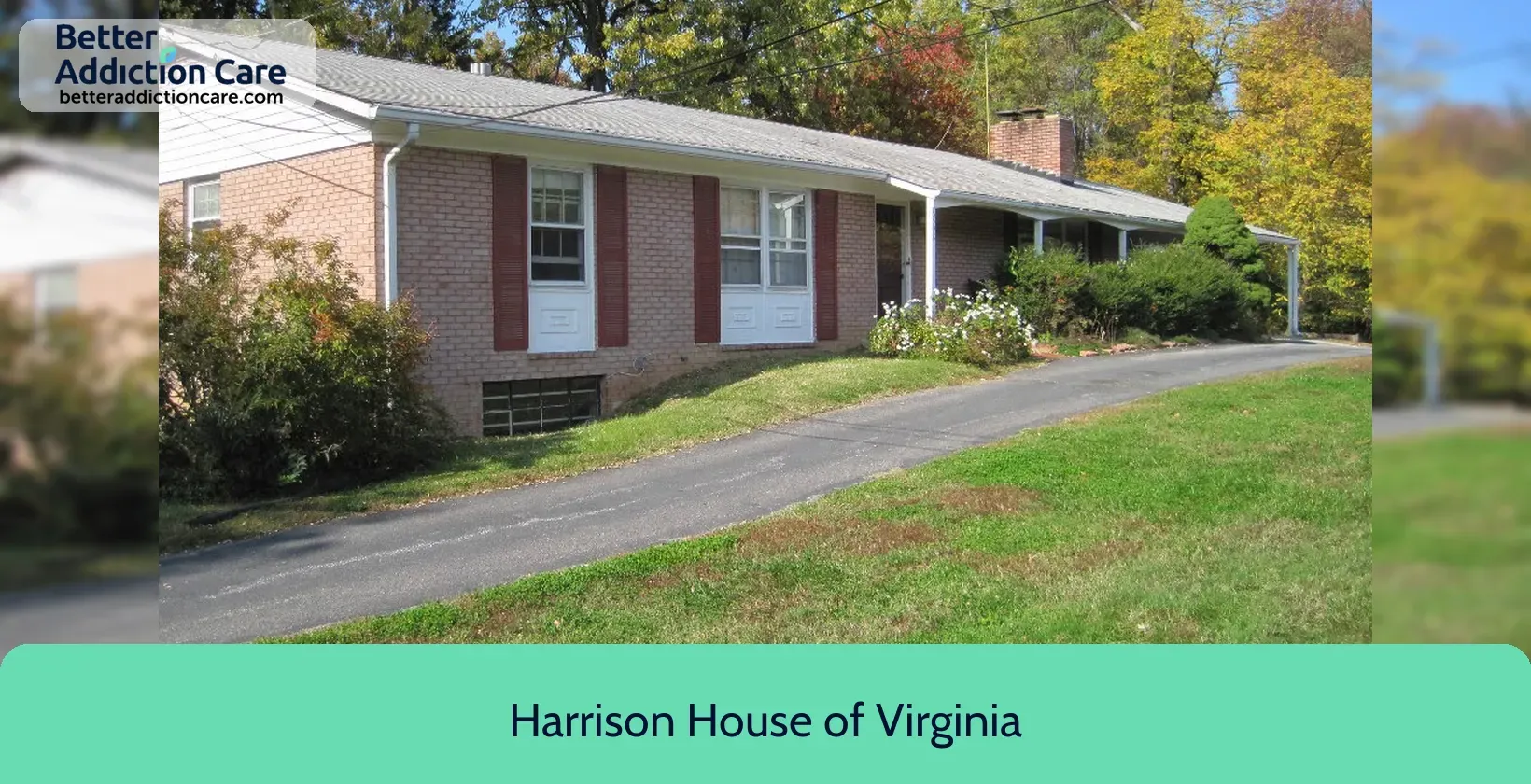Different Approaches for an Addiction Intervention

Addiction intervention undoubtedly serves as a crucial mitigation point to the process of recovery for many individuals. This point offers the rope to freedom from the bondage of addiction; however, besides the idea of involvement, which has increased its popularity due to the focus that is attached to its portrayal on TV, the real situation seems to be a bit different.
Unlike what people would get from popular culture in the media, interventions are not only about family meetings since there are a variety of approaches to help with an intervention.
Underlying an intervention is a kind but decisive action, intending to persuade the person to comprehend the need for support in an attempt to confront the addiction.
How to Define an Intervention?
An intervention is a caring and well-prepared attempt by relatives, friends, or an expert to assist an addict in facing addiction. It is a process of concentrated orientation and identification, the purpose of which is to make the person understand the gravity of his or her addiction and persuade them to seek help. In the course of the intervention, family members and close friends express their worries regarding the health and the quality of life of the addict, providing examples of how the addiction has changed their relationships and lives in general.
Therefore, an open and honest communication approach is crucial here, as it will help the person overcome his or her denial and see that it is time for a change. Whether the intervention is informal or guided by a professional interventionist, the overarching goal remains to guide the individual to get treatment.
When a patient agrees, the family can facilitate the treatment arrangement and provide the support needed during the rehabilitation. However, a person might not want the help at first on some occasions, but the intervention can spark change and open the doors for future support and intervention. Ultimately, intervention is love and tenderness; an opportunity and purpose that treats those who suffer from addictions and causes them to heal.
What are the Steps for an Intervention?
The steps for an intervention have been widely studied, and they have been scientifically proven. Several steps are typically involved to ensure it is conducted effectively and with compassion:
1. Develop a plan:
A family member or a friend typically initiates the planning and organization of intervention. This step is to form a planning group, usually comprising people who are near the addict but not the intervention team. The planning team collectively produces a more detailed intervention plan incorporating purpose, goals, and logistics.
2. Collect information:
In preparing the intervention, the planning team collects important information about the person's addiction. It considers the nature and degree of addiction and evaluates how it affects the person's life, relationships, and overall health. Information could be derived from what the individual sees or hears from other family members or friends or from an addiction specialist or professional.
3. Assemble the intervention team:
After collecting adequate data, the planning group creates the intervention team. This group usually comprises family members, close friends, and, in some cases, professionals such as therapists or interventionists. The team chosen is crucial and should include people who have a real relationship with the addict and who can offer care and compassion during the intervention process.
4. Establish specific outcomes:
The planning group, in collaboration with the intervention team, determines the key outcomes that should result from the intervention. The group's goals should be made clear through the intervention process.
5. Prepare what to say:
Several days before the day of the intervention, each team member gets time to write the script for the intervention meeting. The preparation process allows every team member to practice open and non-assaultive communication during the intervention.
6. Conduct the intervention meeting:
The intervention team meets on the day of the intervention as planned to carry out the intervention meeting. Under the facilitator’s guidance, the group goes on to present their concerns to the addict in a sympathizing and non-patronizing manner.
7. Follow-up:
In the post-intervention phase, the intervention team supports the individual during recovery. This too can involve assisting them in finding treatment resources, attending therapy sessions, or providing moral support and motivation. Progress monitoring talks during the frequent follow-up meetings with the client should be considered to control their improvement, and any problems or difficulties should be dealt with. The intervention team is active and supportive, becoming an agent to keep the person on the path to a better life.
Are There Different Types of Intervention?
Interventions can be classified according to the situation, preferences, and level of addiction. Some common types of interventions include:
1. Informal Interventions:
These are spontaneous or unprepared conversations where a concerned family member or friend speaks directly to the individual dealing with addiction. Informal interventions are less threatening and happen under more lax conditions where communication is open and accessible.
2. Formal Interventions:
These are structured and organized events facilitated by a professional interventionist or therapist. They usually imply meticulous planning, preparation, and cooperation between relatives, friends, and the interventionist. Formal interventions have a set agenda and target to effectively challenge the person about their addiction, thereby pushing them to seek help.
3. Direct Interventions:
Family and friends stage an intervention directly where, all together, the individual is confronted, their concerns are expressed, and they are encouraged to seek treatment. Direct interventions can be emotionally charged but are the best time for the client to understand how real and devastating their addictions are and how much his support system wants him to become sober.
4. Indirect Interventions:
These interventions communicate concerns with the individual via letters, videos, or messages carried out by an intermediary trusted to do so. Indirect interventions enable the family members to vent their emotions calmer than a face-to-face letter and convey the message.
5. Crisis Interventions:
Crisis interventions are performed when the patient’s addiction is life-threatening for him or other people around him, that is to say, in emergencies. These interventions are targeted at stabilizing the person and linking him or her to the right resources, such as critical medical care or crisis intervention services.
6. Motivational Interventions:
Motivational interventions are meant to drive the person to realize the necessity for changes and subsequently act toward recovery. They frequently include motivational interviewing approaches, which enable the intervener to interact with the individual in a non-confrontational conversational-style manner, thus examining the individual’s motivation to change and ambivalence toward seeking help.
7. Family System Interventions:
Addiction can significantly affect the functioning of a family system. A family system approach deals with the family network and behaviors that either support or are influenced by the addict. Such interventions may include family therapy, counseling, or support groups to aid in the recovery of the family members and to support them to help the individual recover.
8. Other Types of Intervention:
The Johnson Model is a common intervention approach in the US and seeks to push the individuals involved in substance abuse into rehabilitation programs. On the contrary, ARISE, an updated method, uses the family as well, in a non-confrontational way, intending to get the person into treatment. In family and community-based programs, SMART interventions establish specific, measurable goals. Also, Family Systemic Intervention deals with the addiction of the individual along with the overall broader effects on family relationships, thus promoting a family approach to therapy and support.
Knowing the various kinds of interventions on offer, family members can choose the option most suitable for the person’s requirements and conditions, increasing the chance of success.
Where to Find Help for an Intervention?
Professional help is important when conducting an intervention. For this, you can consider Addiction Treatment Centers, which have certified interventionists on staff who will aid in planning and implementing the intervention. Addiction treatment specialists such as therapists and counselors can offer an approach to conducting an effective intervention.
Some organizations, like Alcoholics Anonymous or Narcotics Anonymous, can give you a contact number for an interventionist. Addiction treatment specialists within the medical profession can either refer you or guide you to where the appropriate help is available. Other organizations concentrate on the training and certification of the interventionists, providing all the information and assistance required from the beginning to the end. Find your local interventionists and addiction treatment professionals online in resources and directories. Remember, several treatment centers can also offer interventions as a level of care, offering professional services that could guide and lead an intervention.
Resources
Treatment Centers in Virginia
 123
123
 123
123



